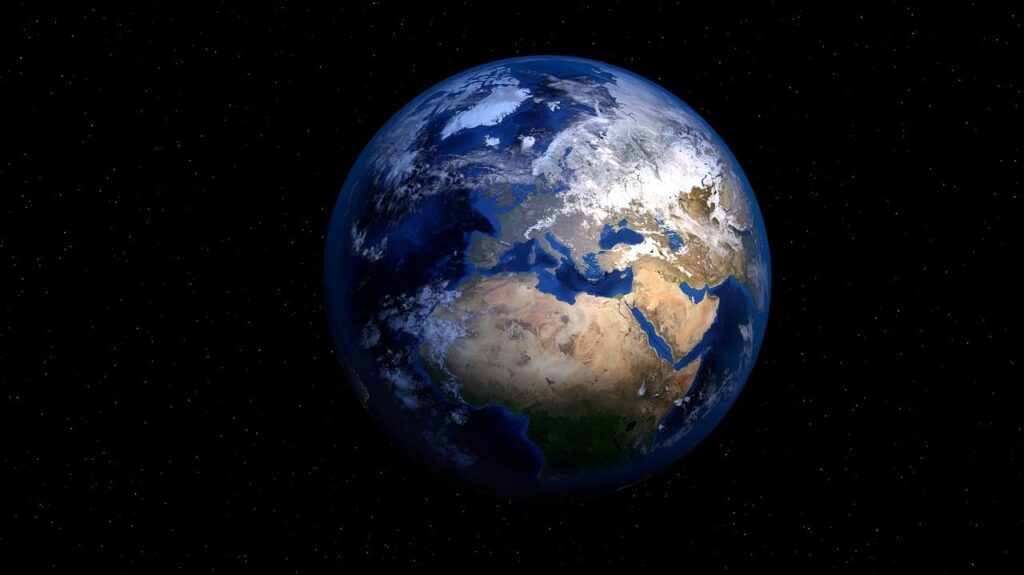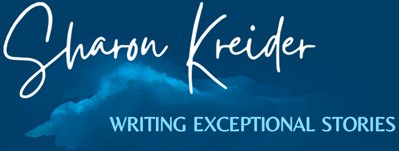Throughout history, there have been many dark and difficult times. In 1346, the Bubonic Plague killed about 30 – 50% of Europe’s population. Because the mortality rate was around 50%, people were often buried alive if they were too sick to be moved. Ouch!
1918 was also a difficult time. World War 1 had just ended. The Spanish Flu broke out claiming about 50 – 100 million lives.
Some historians argue that the Holocaust years and the bombings of Hiroshima and Nagasaki were a terrible era. Others point to 536 when a massive volcanic eruption in Iceland blanketed Europe with a thick layer of ash leading to widespread famine. 25% of the Northern Hemisphere’s population was lost.
In 1816, another volcanic eruption in Indonesia led to climate instability, resulting in failed harvests and famine. In Europe, snow fell in August. New England recorded frost every month of that year and called it the “summer of mittens”.
Historians also mention the Great Depression, and the years after Columbus arrived with the spread of smallpox and measles to the indigenous peoples as bleak periods of our history.

Some say the times we are living in now might be a contender. I don’t know. But I do think that even in the darkest of times, honesty and kindness can prevail and perhaps flourish. For instance, after the Bubonic Plague, wages increased, inequality decreased, feudalism ended, and improvements were made in medicine. Most of all the technological advancements made in World War I to kill thousands of people were later re-purposed for peaceful purposes to improve society. Viktor Frankl, an Austrian psychiatrist, and Holocaust survivor chronicled his experiences as a prisoner in a Nazi concentration camp during World War II and wrote Man’s Search for Meaning (1946) –a book that has been widely read across the globe for its keen insight into hope and inner freedom.
Are we in a dark era? Are we headed for the darkest epoch ever? It seems to be a popular topic for movies, television series, and fantasy science fiction books these days. Again, I don’t know.
But whenever I see, hear, or read something that might suggest a mad, mad world, I am reminded of history and how we always seem to overcome even the toughest of odds. And that reassures me somehow because in the end, doesn’t truth and goodness usually win out?
“Although the world is full of suffering, it is also full of overcoming it.” Helen Keller
Enjoy the Passage of Time.
Sharon
© 2024. Sharon Kreider. All Rights Reserved.


2 thoughts on “A Mad, Mad World”
I love this post, because it’s true! It reminds me of this scene from Game of Thrones, a scene that’s actually stuck out to me out of the show’s entire run – the Archmaester of the Citadel says in general terms, “We are this world’s memory. Without us, we are no better than animals. When Robert’s rebellion raged, the people thought ‘this is the end, how will we survive?’ When Aegon’s conquest turned west and dragons rained fire, the people thought “this is the end, how will we survive?’ And thousands of years before that in the Long Night, we could forgive the people for thinking it truly was the end…but it wasn’t. Every winter that has ever been has ended.” And that last line – every winter that has ever been has ended… What comes after winter?
Thank you for sharing! After winter? Summer!
Comments are closed.